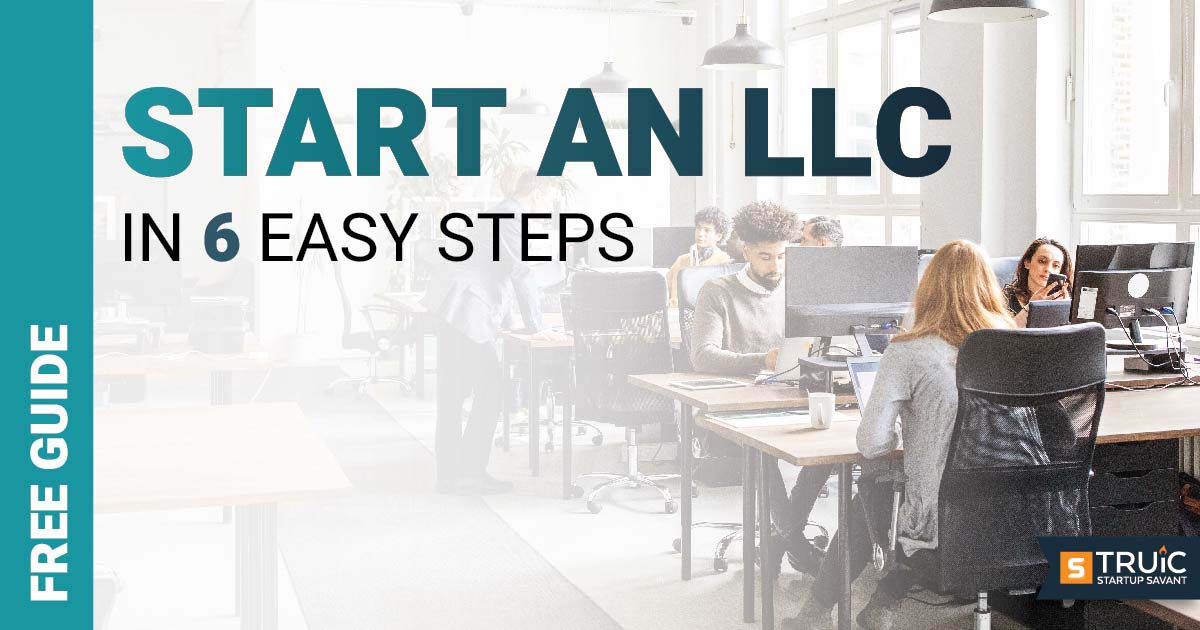If you’re starting your own limited liability company (LLC), one of your main reasons for doing so is likely the LLC’s ability to provide personal asset protection. Much like a corporation in this way, an LLC shields your own personal property and money from creditors in the case of a lawsuit filed against your company.
One aspect of LLC ownership that entrepreneurs occasionally struggle with is how to separate their personal assets from those of their company. If you don’t do this, your business can lose its ability to protect your personal assets, opening you up to potentially devastating losses if creditors sue your LLC. However, there are several steps you can take to maintain your LLC’s limited liability protection.
What Is LLC Personal Asset Protection?
When you own a limited liability company, your business, by definition, limits your personal liability, protecting your personal assets in the case of a lawsuit. This protection is frequently referred to as the LLC’s corporate veil. As a business owner, you want to do everything you can to make sure your corporate veil remains intact.
If you fail to do so, your personal possessions and bank accounts may be vulnerable in the case of a lawsuit. This is a worst-case scenario for any business owner, so it is vital you understand how to take full advantage of your limited liability protections and prevent this from happening.
10 Steps for Separating Your Personal Assets
1) Form a Compliant LLC - The first, and simplest, way to ensure your LLC’s personal asset protection is to properly form your company. Rules can vary slightly from state to state, but in the vast majority of cases you will be required to file articles of organization and designate a registered agent to receive and forward important legal documents.
2) Acquire Insurance for Your LLC - Insurance requirements also vary by state, but in most states you’ll need to purchase workers compensation and unemployment insurance for your employees. Beyond that, you’ll need business vehicle insurance for any cars, trucks, or vans you use for company purposes, and you should consider liability insurance to cover your LLC.
Depending on what type of business you own, you can be considered noncompliant if you do not acquire the necessary insurance coverages. In short, you cannot rely on your personal insurance policies for business matters.
3) Open a Business Checking Account - One of the most important ways to ensure your business assets and personal assets remain separate is to open a new checking account specifically for your LLC. This is an easy but vital way to maintain clear records of separation and keep your personal assets protected, while ensuring your ability to make necessary purchases for your business.
4) Obtain a Business Credit Card - Just as a separate checking account is an important way of maintaining a line between your personal and business assets, so too is a business credit card. Furthermore, acquiring a business credit card also opens up a line of credit for your company that can dramatically increase your LLC’s purchasing power.
5) Use Business Accounting Software - Beyond maintaining separate accounts, keeping impeccable records of business transactions is an important way to protect your assets. Business accounting software is an excellent tool in this regard. In addition to improving your company’s record-keeping and creating a paper trail of evidence that your business and personal affairs are truly separate, there are many other benefits to using a reputable business accounting software product.
Accounting programs can make life much easier when tax time rolls around since all the information you need is organized in one place. Furthermore, it makes it easier to obtain capital from investors when they can easily review documents listing all of your income and expenses.
6) Sufficiently Capitalize Your LLC - It’s important to keep in mind that separating your assets also means that you must maintain plenty of money in your business accounts. Otherwise, it can be much easier for a court to determine that your business is not sufficiently distinct from you as a person.
While many believe it’s enough to initially capitalize your company, it’s highly preferable to maintain a sufficient level of capital throughout the LLC’s life cycle. A business without enough cash on hand to operate is far more likely to be deemed illegitimate in court.
7) Sign Documents as Your Business, Not as Yourself - Another key aspect of separating yourself from your LLC is to always sign business documents as a representative of your company. Documents signed with only your name can be used to prove you haven’t sufficiently separated yourself from your business. For example, instead of signing John Smith on business documents, sign “John Smith, Smith & Co., LLC.”
8) Document All Money Transfers Between Ownership and the LLC - Keeping your personal and business assets separate does not mean you are barred from providing money to your business from your personal funds (and vis a versa).
However, if do so, you must be certain to record that transfer as a loan from one entity to another, and not simply a bank transfer. Properly documenting these loans can mean the difference in terms of protecting your corporate veil or piercing it.
9) Do Not Use Your LLC to Commit Fraud - No matter how diligent you are at keeping your business and personal finances separate, your efforts will be fruitless if you or anyone else in your company commits fraud. If your business is caught committing fraudulent acts, your corporate veil will be null and void, no matter how impeccable your records are.
10) Properly Maintain Your LLC - Much like step nine, no amount of good accounting practices will protect your corporate veil if you fail to comply with state regulations to maintain your LLC status. In most states, this is no more than filing an annual or biennial report with the state to keep their records up to date. If you fail to do so, the state can dissolve your company, and with it any limited liability protections it provided.
Final Thoughts
Keeping your personal assets separate from those of your limited liability company does not have to be a difficult endeavor.
As long as you invest some extra time in setting up this framework when you form your LLC and you maintain these steps throughout the company’s life cycle, your LLC’s personal asset protection should remain intact.



